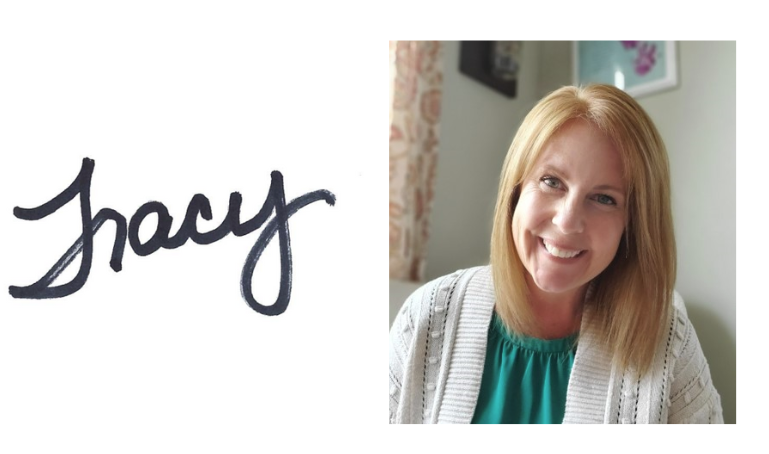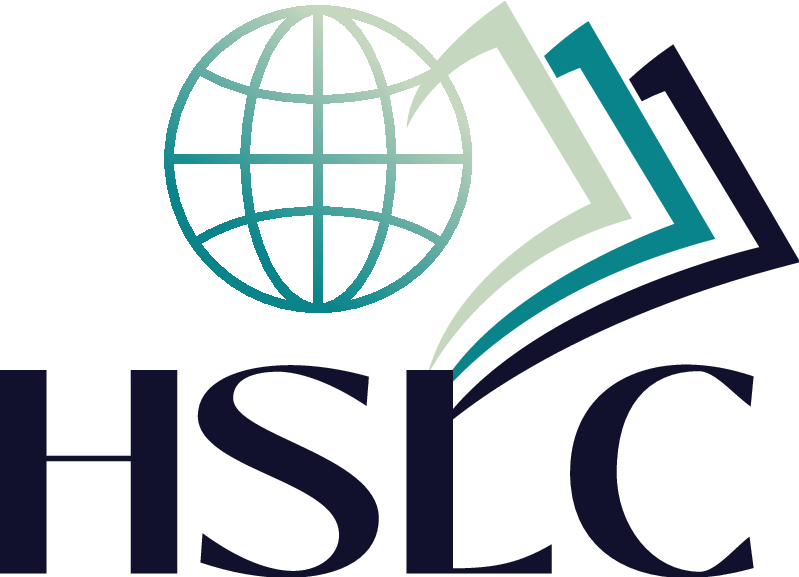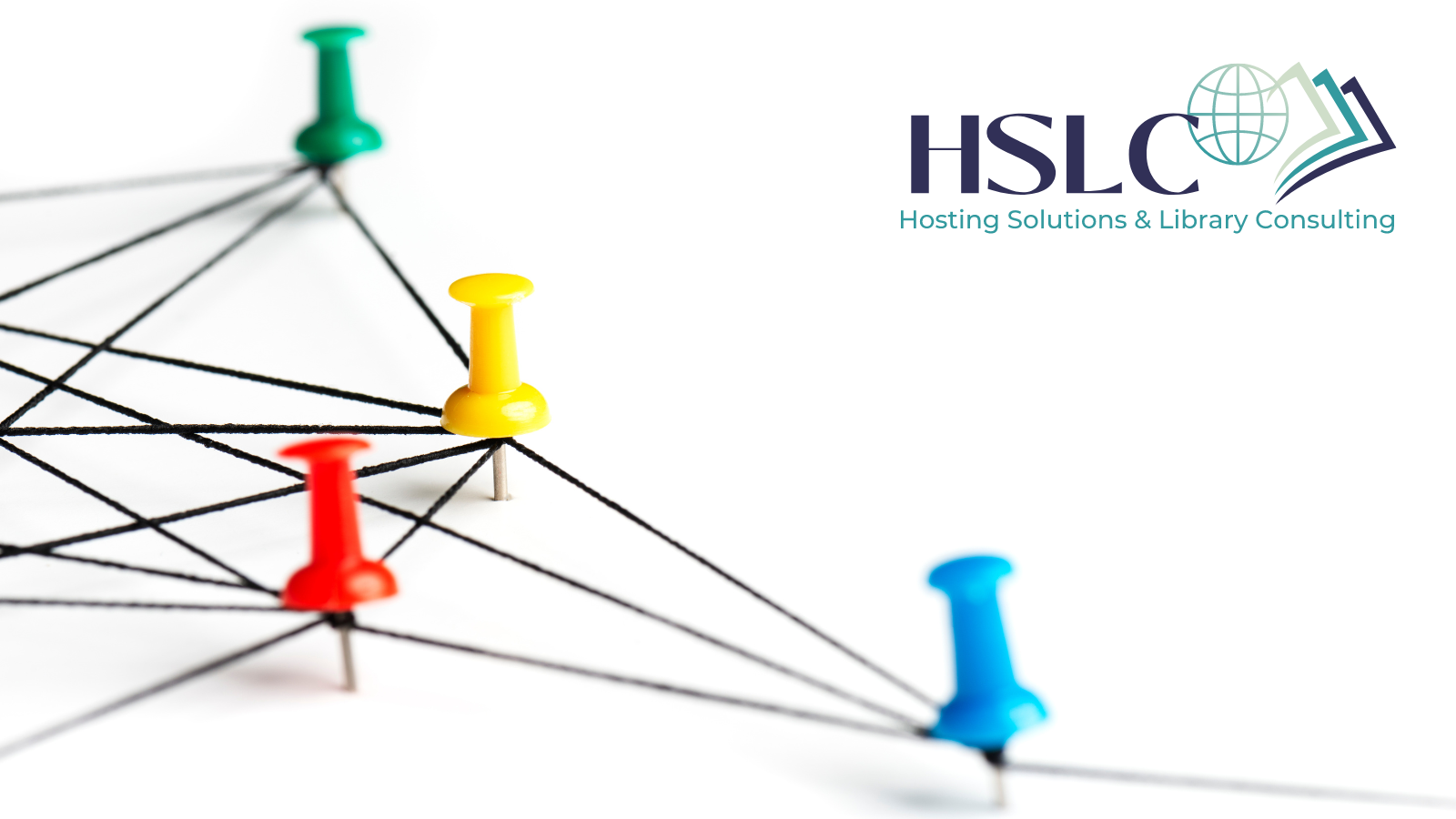Recently, HSLC staff members attended the annual conference of the Pennsylvania Library Association and as I reflect on our trip I keep coming back to one word – connection.
Connection and, more importantly, quality connection, is an important aspect of any business and in particular the business of libraries.
Networking isn’t just about collecting business cards or making small talk at events. It’s about forming genuine relationships with people who believe in your library’s interests and goals, and who can offer support, advice, and opportunities to help move the library forward.
Here are just a few reasons why networking is so important for you and your library:
- Access to New Opportunities: The more people you know, the more opportunities the library will have access to. Whether it’s a grant, a new service, or administrative assistance, having a strong network can help you find and capitalize on opportunities that the library might not have discovered otherwise.
- Learning and Growth: Networking is a great way to learn from others in our industry. By connecting with those who have different experiences and perspectives, you can gain valuable insights that can help you grow both personally and professionally, and in turn, benefit your library community.
- Support and Encouragement: Building a network of supportive and encouraging peers can be incredibly beneficial, especially during challenging times. Having an established professional community you can turn to for advice, feedback, or just a listening ear can make all the difference when you’re facing a difficult decision or a major setback.
- Increased Visibility: By networking regularly, you can increase your library’s visibility and establish yourself (and the library) as a thought leader or expert in the library field.
How can you begin to expand your circle of contacts within the library world?
Make it a priority to attend industry-specific events (both in-person and virtually), join professional organizations, and actively engage in online communities and social media platforms relevant to your field.
So, as you work to develop strategies to add value, look at how you communicate and stay connected. Invest in your relationships; they can be your most valuable asset. An easy way to begin today is to subscribe to HSLC’s blog, YouTube, and social media channels.
We look forward to connecting with you and your library!

Tracy Carey, User Experience Specialist

